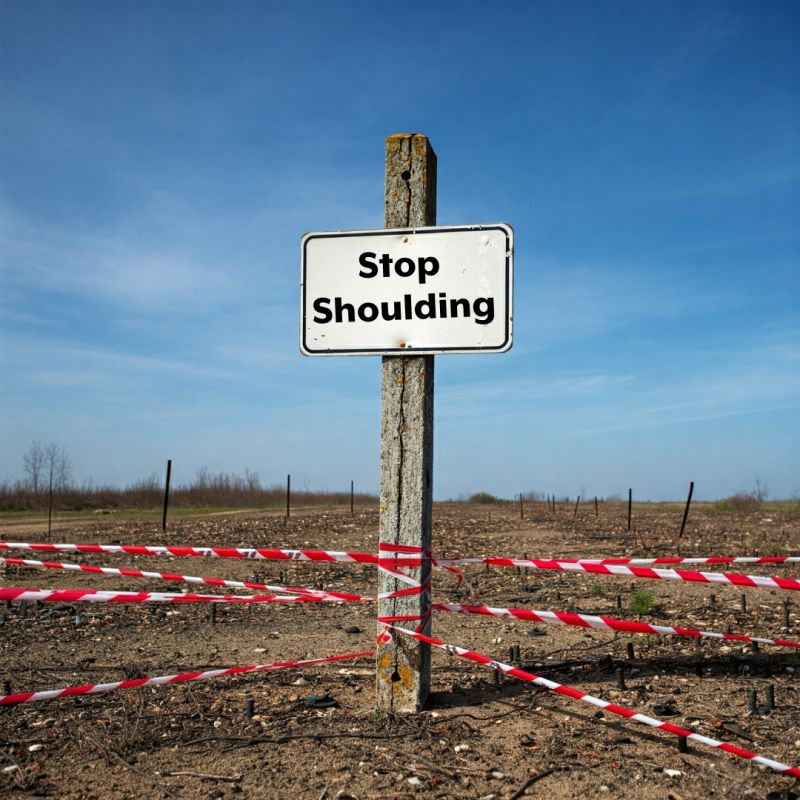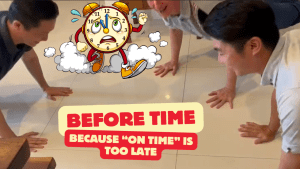Years ago Lenny RAVICH and I were leading a Delivering Delight workshop for senior leaders at the Hong Kong Jockey Club. During the session’s final activity, Lenny made a comment that struck me as slightly sensitive in the local cultural context.
We ran into each other later in the restroom.
Lenny: “We have to stop meeting this way.”
Me: “Don’t make me laugh, or I’ll end up with wet pants.”
Then, I said, “About the last activity, I think you should have…”
😠 Stop SHOULDING me,” Lenny snapped. It was the first time my gentle mentor shouted at me. “How dare you tell me what I should do? Did you ask my permission? Do you know all the facts? Do you think people like being told what to do?”
😡 Lenny’s face was red. It felt like I had hit the Hulk button. I was stunned. Why was he so upset? Couldn’t he see my good intentions? I’ve lived in Asia for years and thought my feedback could help. And yet, there he was, visibly fuming.
At some point, you’ve likely been on both sides of this experience feeling annoyed when told what you ‘should’ do or realizing your own advice wasn’t welcome.
That evening, Lenny and I had a long talk over dinner. He wouldn’t accept my apology until I fully grasped what I’d done wrong. With the patience of a Zen master, he walked me through his perspective.
The Lesson: “Avile, this isn’t the first time you’ve done this. No matter how well-intentioned your advice is, telling people what they should do is judgmental, arrogant, and disrespectful. People get defensive when you ‘should’ them. Instead of listening, they feel hurt and resentful. The moment you say ‘should,’ you step into an emotional minefield.”
“It’s patronizing. What gives you the authority to decide what someone else should do? Do you know all the facts? Are you projecting your preferences, assuming your way is best? Just because you have an opinion doesn’t make it correct. Are they ready to hear your advice?”
That confrontation became a defining moment. Here’s what I learned:
Avoid SHOULDING others. Unsolicited advice often feels arrogant and dismissive, assuming my view is superior.
⏭️ Listen first with empathy to understand the context before speaking.
⏭️ Seek permission. Ensure they’re open to discussing it.
⏭️ Start with questions. Verify your observations.
⏭️ Disclaim your advice. Frame it as a personal perspective that may or may not be useful.
⏭️⏭️ Bonus Lesson: Ethical Shock Therapy
That restroom incident delivered in an unforgettable shocking and embarrassing manner burned the lesson into my mind forever.
In hindsight, his outburst was tough love. It disrupted my patterns, created an aversion to the word “should,” and saved me (most of the time) from becoming an arrogant know-it-all asshole.
It’s funny how a moment of humiliation can spark humility.
Thank you, Lenny, for not letting me pee away my potential.








